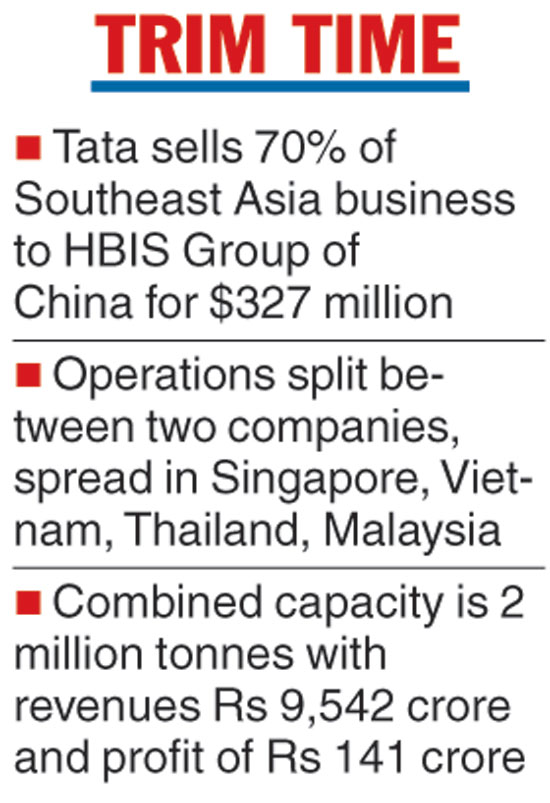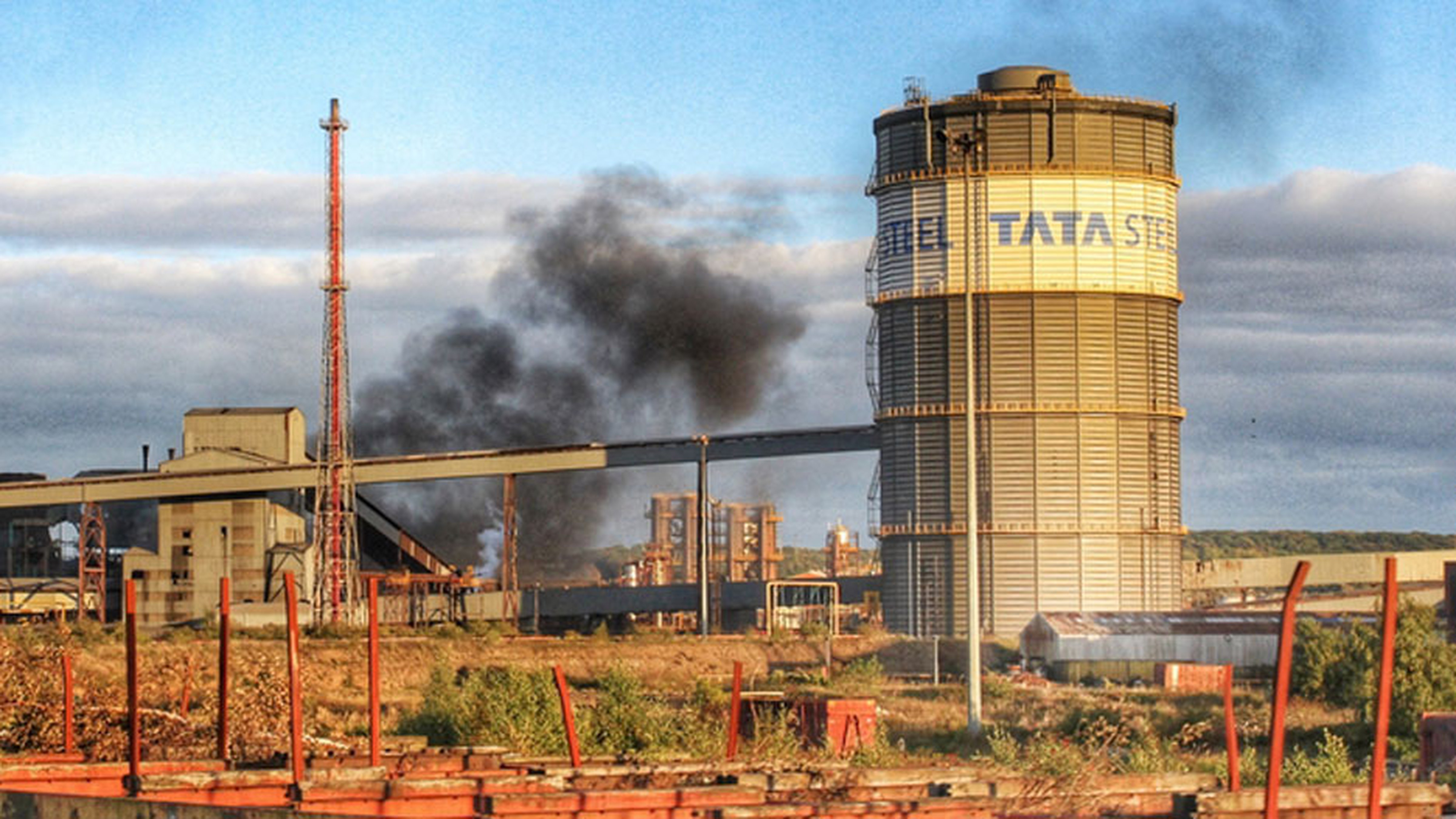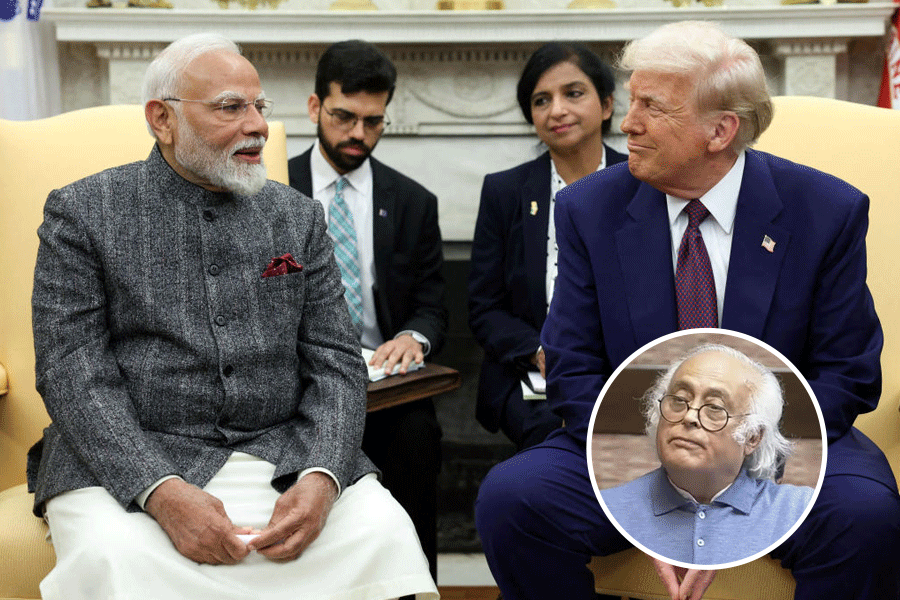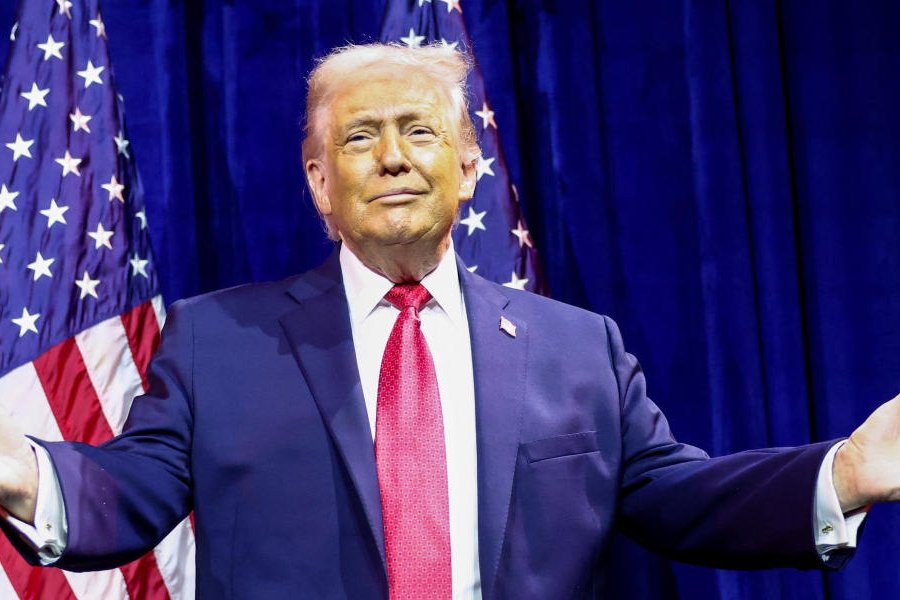HBIS has been “reaching out” to Tata Steel for a potential tie-up, Narendran said, adding the Chinese major was also keen that the Indian company continued to remain a stakeholder. The Telegraph had reported a potential deal with HBIS (Hesteel Group) on January 9.
Chatterjee said the Tatas would hold on to the stake for the next three years and take a call on its holding thereafter, including a complete or partial exit via IPO or other means.
According to the contours of the deal, Tata Steel Global Holdings Pte, a step-down subsidiary of Tata Steel, will transfer the entire 100 per cent of NatSteel Holdings Pte Ltd and 67.9 per cent of Tata Steel (Thailand) Public Co Ltd to a special purpose vehicle.
HBIS, a Fortune 500 company with $40 billion in revenue, will have 70 per cent of the company with the Tatas holding the rest.
The Indian company will have two board positions and the right to nominate the deputy CEO/CFO.
Put together, the SE Asia business clocked revenues of Rs 9,542 crore, which is 7.2 per cent of the total revenue.
NatSteel reported a profit after tax of Rs 52 crore last year, while Tata Steel Thailand reported Rs 89-crore profit. Put together, they contributed 3.38 per cent to the group profit of 2017-18.
Chatterjee said Tata Steel would get 1.5 times of the book value in the transaction. The enterprise value of the two businesses, having a 2-million-tonne capacity and operations in Singapore, Vietnam, Thailand, Malaysia, was about $685 million ($535 million equity and $150 million debt).
While Tata Steel sniffs more opportunities in the domestic market, HBIS is expanding in SE Asia as growth and demand of the alloy tapers off in China.
The Chinese firm is also building a greenfield plant in the Philippines.
In contrast, Tata Steel is aggressively projected to grow in India to reach a 30-million-tonne capacity by 2025 from 19.6 million tonnes at present.
The Tata Steel stock closed at Rs 445.75 on the NSE, down 1.59 per cent, or Rs 7.20.
Tata Steel could pare debt by as much as Rs 4,000 crore ($560 million) by offloading a majority stake in its Southeast Asian business to Chinese giant HBIS Group and exiting a minority joint venture involving a refractory business.
The company expects $327 million (Rs 2,325 crore) from the sale of a 70 per cent stake in the Southeast Asian business that comprises NatSteel and Tata Steel Thailand.
It is expecting another $150 million (Rs 1,065 crore) reduction in debt because of the deconsolidation of the balance sheet on account of the deal.
More gains could accrue when the deal, announced on Monday, gets concluded in 3-4 months and the final math is in place. This will be over and above the Rs 300 crore Tata Steel earned by selling a 26.6 per cent stake in TRL Krosaki Refractories Ltd recently.
Tata Steel had Rs 1,04,202-crore debt on a consolidated basis as on September 30, 2018. The management had guided billion-dollar in debt reduction over the next 12 months since then.
Explaining the rationale of the JV with HBIS, the second largest steel producer in China, Tata Steel CEO and managing director T. V. Narendran said the focus of the company had been to grow in India, the fastest growing steel market in the world and most profitable for the company among all the geographies where it operates.
“We would like to spend capital in growing the domestic business rather than abroad,” Narendran said soon after signing a definitive agreement in Beijing, with executive director and group CFO Koushik Chatterjee by his side.
The SE Asia deal is in line with an inward-looking strategy adopted by Tata Steel after a decade-and-a-half of overseas adventure, which began with the acquisition of NatSteel in 2004, followed by Millennium Steel (renamed Tata Steel Thailand later) in 2005 and Corus Group Plc in 2007.
Last year, it reached a deal to merge its European business with ThyssenKrupp’s steel division and take a 50 per cent stake in the JV. The transaction, which is pending approval of the European Commission, will more significantly deleverage the balance sheet of Tata Steel.

The Telegraph












